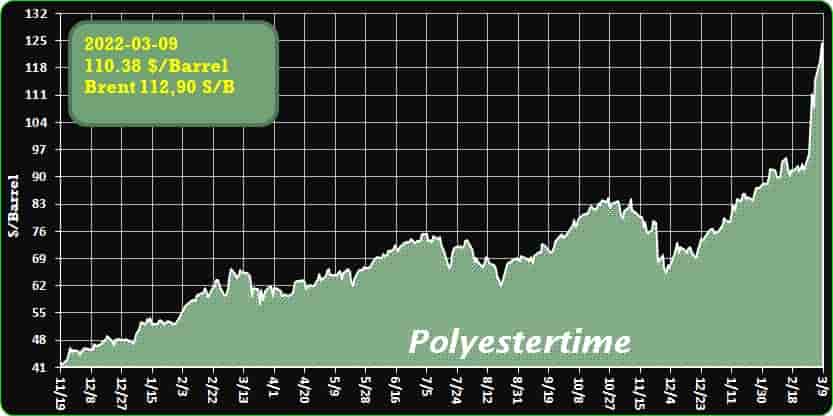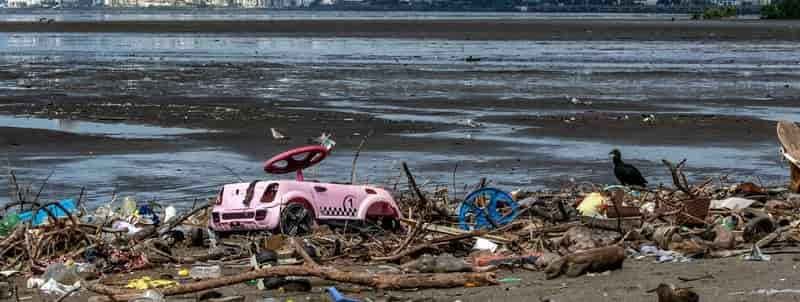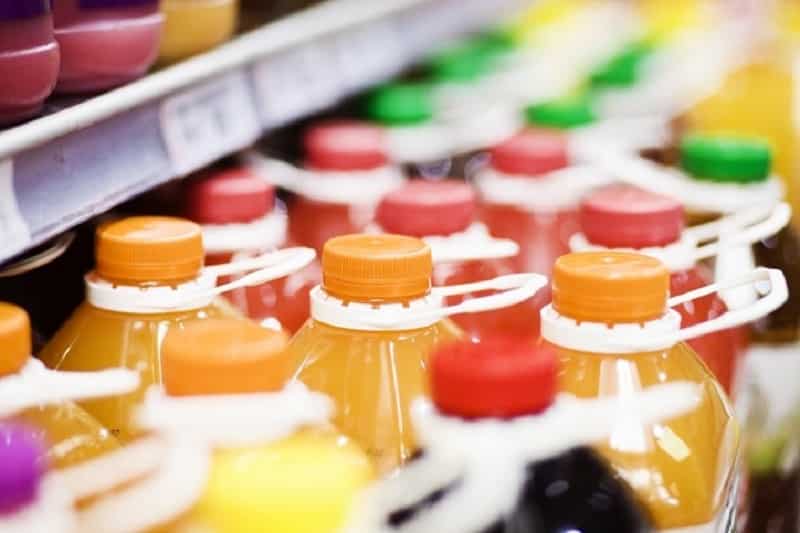rPET-content-in-plastic-bottles – Ukraine 09-03-2022 - Arhive
rPET-content-in-plastic-bottles – Ukraine
Crude Oil Prices Trend

-‘Chemical recycling’ of plastic slammed by environmental group
Most plastic “advanced recycling” plants in the United States aren’t actually recycling plastic but instead converting it into a dirty fuel, while producing toxic waste in low-income communities, a study by a leading environmental group said Monday.
Advanced recycling, also known as chemical recycling, is a relatively new technique touted by industry groups that breaks plastic down to its molecular building blocks.
It is said to be able to recapture more than traditional “mechanical” recycling that involves chopping plastic up and processing it into pellets to make new products.
But a research report by the Natural Resources Defense Council (NRDC), a non-profit that has helped influence key legislation since it was founded in 1970, accused the plastics industry of misleading the public through “greenwashing.”
“There has been a lot of energy and enthusiasm around this idea of chemical recycling as a potential part of the solution for the plastics waste crisis,” Veena Singla, a senior scientist at the NRDC who authored the brief, told AFP.
“We felt it was very important to understand, what are these technologies actually doing?”rPET-content-in-plastic-bottles – Ukraine
The NRDC found that of hundreds of announced plants, just eight were either operational or soon-to-be operational, based on official federal and state documents.
Five of the eight were engaged in plastic-to-fuel conversion, to create a new low-grade fuel. One was converting carpets to nylon and two were converting plastic to chemical components.
The report said that producing fuel from plastic waste does not qualify as recycling under international definitions and that it creates harmful air pollution and greenhouse gasses when burned.
One of the plastic-to-chemical plants, run by the company Agilyx, in Oregon, theoretically takes waste polystyrene and converts it into styrene, which can then be used to make new polystyrene.rPET-content-in-plastic-bottles – Ukraine

-New project sets out to boost rPET content in plastic bottles
A Scottish project is setting out to develop additives and processing methods to ‘drastically increase’ the recycled content of plastic bottles.
From 2030, UK and EU manufacturers will have to ensure that all new PET bottles contain a minimum of 30% recycled PET. The project, therefore, will help develop bottles that meet or even exceed this requirement.
Furthermore, with many major PET bottle manufacturers having outlets in the UK, the project could provide a ‘gateway’ to the global market.
Tackling rPET challenges rPET-content-in-plastic-bottles – Ukraine
There are over 800 PET manufacturing plants worldwide, including 140 in the UK and the EU. At the moment, over 580 billion new PET bottles are produced each year, most of which contain little or no post consumer, recycled material.
With funding from Innovate UK, scientists at Heriot-Watt University will work with Glasgow-based business EnviroPET and the University of Strathclyde, supported by Interface Scotland, on the two-year project.
Plastic bottles made from polyethylene terephthalate (PET) are difficult to manufacture with recycled PET content due to the high degree of variation in the recycled plastic feedstock.
This makes it difficult to maintain the necessary uniformity in mechanical and optical properties required, leading to potential issues with bottle failures, carbonated fluids going flat and colour or clarity variations of the final plastic bottles.
Product shelf life
Founded in 2014, EnviroPET is developing the use of liquid additives, called PET-Yield, that can be added during the PET bottle manufacturing process. These additives can allow the amount of recycled material in bottles to be increased without the loss of properties compared to virgin PET bottles. rPET-content-in-plastic-bottles – Ukraine
The company says the tech ‘could potentially save firms millions’ by reducing the amount of raw material and energy needed to manufacture new bottles.
Professor David Bucknall will lead the Heriot-Watt team to understand how the PET-Yield additives affect PET bottles containing recycled material under laboratory conditions before it is put to the test in a production line.

-‘Chemical-recycling‘ of plastic slammed by environmental-group
-New project sets out to boost rPET-content-in-plastic-bottles
–Technip-Energies aims to shun Russia
-Tackling the plastic-waste-crisis must remain a priority because of growing legislative pressure
–Evergreen to install 15 new AMP-Robotics-sorting-systems across three locations
–China stays Port-of-Hamburg‘s most important trading partner
–Solvay to suspend operations in Russia
–Samsung, Coca-Cola and Danone leave Russia
rPET-content-in-plastic-bottles – Ukraine
